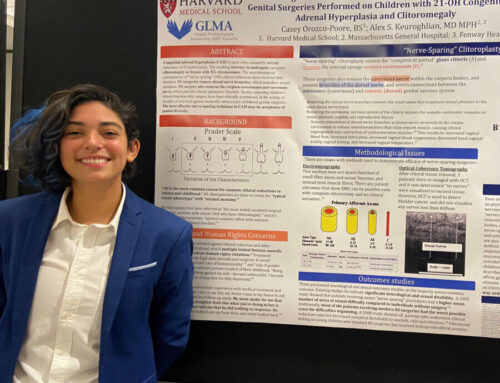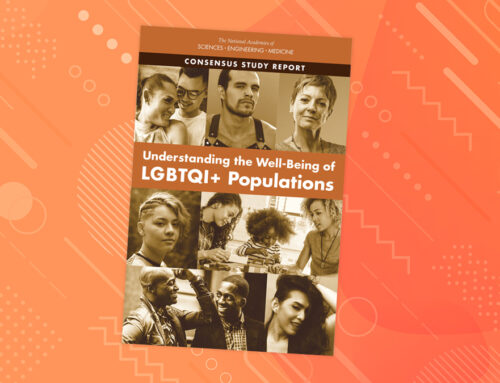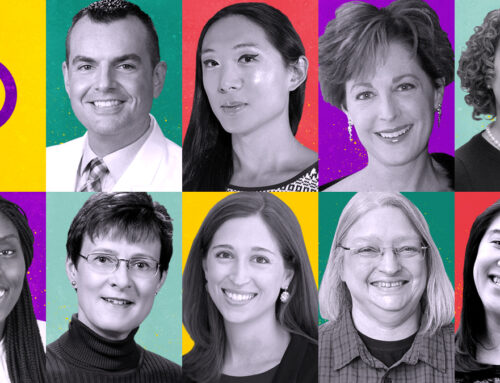Published this month in the international journal Psychology & Sexuality AIC Executive Director, Anne Tamar-Mattis, along with AIC board members Arlene Baratz, MD, Katharine Baratz Dalke, MD, Department of Psychiatry, Hospital of the University of Pennsylvania and community ally Katrina Karkazis PhD MPH, the Center for Biomedical Ethics, Stanford University shared their insights about the need for holistic approaches to informed consent for parents and children with differences of sex development (DSD).
Emotionally and cognitively informed consent for clinical care for differences of sex development published Sept. 17th, Taylor & Francis Online examines how families may experience regret and anger when they make decisions on the basis of limited or even biased information while in an emotionally vulnerable state. When psychological preparation is lacking for aspects of DSD such as uncertainty about future gender identity, a false sense of urgency can propel parents to agree to genital surgery or removal of gonads without adequate understanding of the long-term consequences in adulthood. In addition if physicians are uncomfortable discussing gender and sexual issues, they may not explore the feasibility of, or offer support for, alternative approaches towards sex assignment.
Board member of AIC and co-author Katharine Baratz Dalke noted “Supportive informed consent allows children to avoid medically unnecessary surgeries and provides resources and help for families to support children with differences of sex development.” Physicians who continue to recommend certain irreversible treatments without adequate emotional, mental and social support to process the information necessary are making recommendations contrary to the 2006 Consensus Statement on Management of Intersex Disorders. Children’s autonomy is violated when they are completely excluded from decision-making. Adopting a holistic approach to informed consent is a standard that will improve the quality of life for families and utilized recommended best practices for medical professionals.






